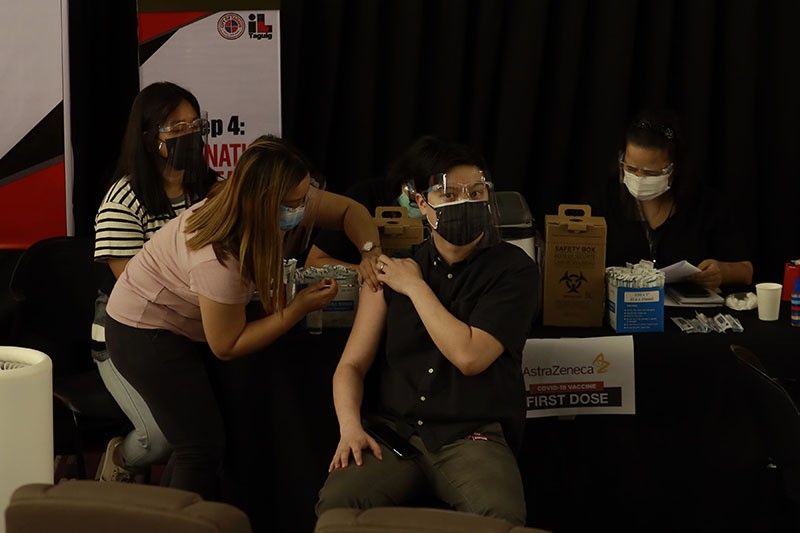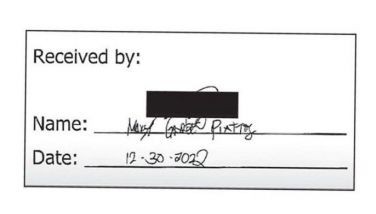DOH admits brand preference fueling vaccine hesitancy

MANILA, Philippines — The Department of Health admitted Saturday that people being picky with vaccine brands is fueling vaccine hesitancy which contributes to the slow rollout of coronavirus jabs in the country.
“Noong tiningnan natin itong mga preference na sinasabi natin, sa tingin namin, kasama ng aming mga eksperto na nakaapekto ito sa kumpiyansa sa bakuna,” Health Undersecretary Maria Rosario Vergeire told state-run People’s Television.
(We think, along with our experts, that these preferences affect confidence in the vaccine.)
The national government told local governments this week to stop announcing the vaccine brands they would be administering at vaccination sites in a bid to prevent people from swarming facilities.
But this move was met with some opposition from doctors and lawmakers, who argued that the non-disclosure of what vaccine brands would be administered could make an already vaccine hesitant country even more apprehensive.
Vergeire, however, sought to allay fears regarding different vaccine brands, reminding the public that all shots cleared by the Food and Drug Administration for emergency use are safe and effective.
Real-world data
She added that real-world data show that all vaccines currently available in the country are effective at preventing symptomatic infections, hospitalizations and deaths due to COVID-19.
For one, a real-world study which has not been published or peer reviewed showed that the Chinese-made Sinovac vaccine is 98% effective at preventing deaths among Indonesian health workers and was also 96% effective at preventing hospitalization.
These numbers are far greater than what was initially reported from clinical trials in Brazil, which showed that the Chinese shot was just around 50% effective at preventing symptomatic COVID-19 infections.
INTERAKSYON: Explainer: What’s behind varying efficacy data for Sinovac’s COVID-19 vaccine?
Many were outraged at how the Philippine government pushed for Sinovac in the early days of its vaccine rollout despite not having enough data on its efficacy, but with more data coming out on the jab, some doctors have since been calling on the public to give the Chinese vaccine a shot.
“We can—and should—remain angry at how government shoved Sinovac to our faces,” doctor Vincen Gregory Yu tweeted. “But we can also stop acting like the science hasn’t been evolving these past months.”
“If it’s a hard pill for the ego to swallow, it’s one the medical community has to,” Yu said.
We can—and should—remain angry at how govt shoved Sinovac to our faces back when we barely knew enough about it. But we can also stop acting like the science hasn’t been evolving these past months. If it’s a hard pill for the ego to swallow, it’s one the medical community has to.
— Vincen Gregory Yu (@vincengyu) May 21, 2021
Vaccine czar Carlito Galvez has admitted that vaccine hesitancy is contributing to the slow rollout of the shots, with the country only administering an average of around 100,000 shots per day when it aims to give out 500,000 shots a day to reach herd immunity in the worst affected regions by November.
This, in turn, makes the Philippines a regional laggard in vaccinations, with only around 800,000 people being fully vaccinated, representing less than 1% of the total population.
- Latest
- Trending































